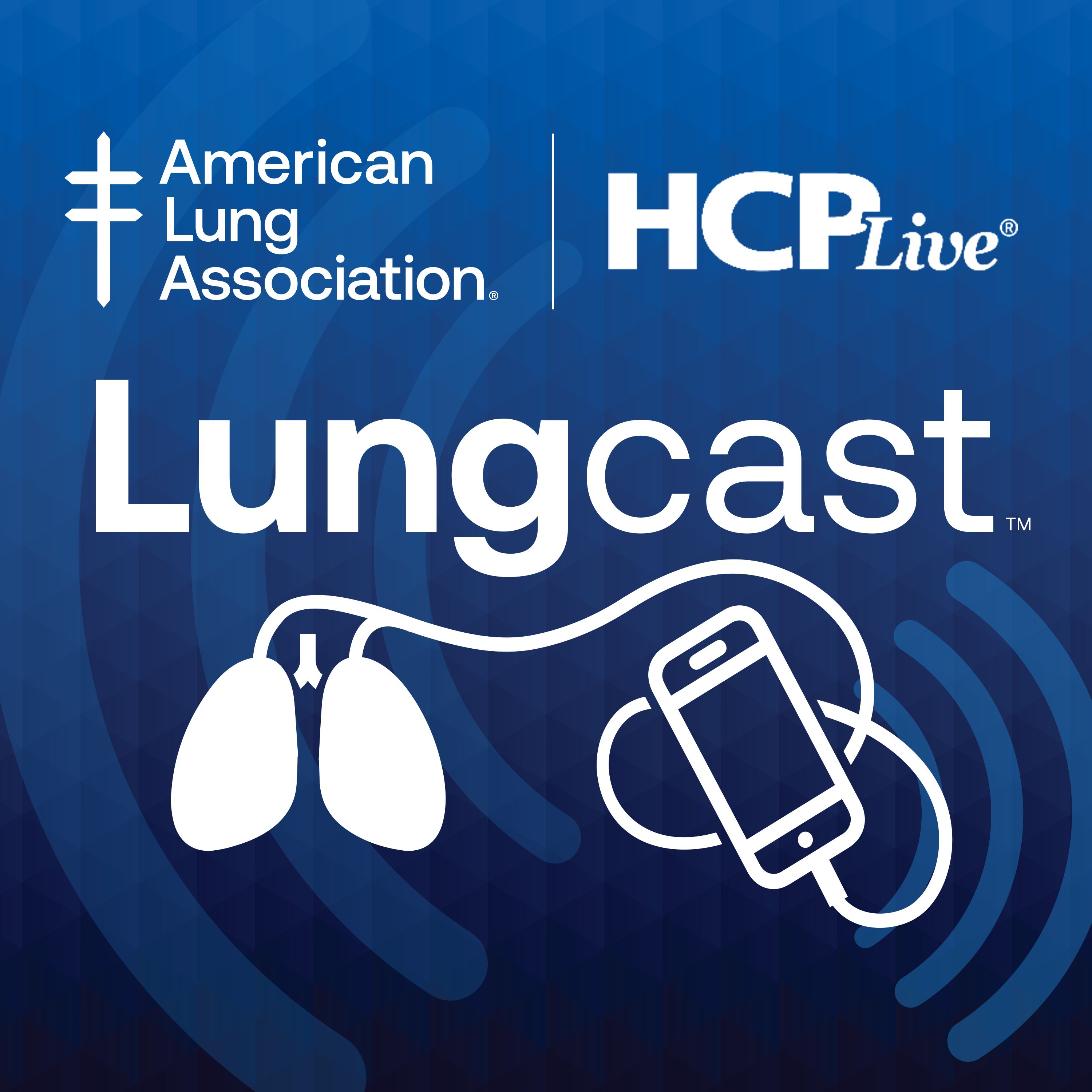Video
Role of Voxelotor and Crizanlizumab for SCD Management
Author(s):
Assessing the role of voxelotor and crizanlizumab as agents for the management of sickle cell disease and the importance of shared-decision making between providers, patients, and caregivers.
Michael R. DeBaun, MD, MPH: We have reached the threshold in the clinical care of individuals with sickle cell disease where we are obligated to have a multiagent clinical trial sponsored by the NIH [National Institutes of Health]. I believe it’s critical to know which combination of these 4 FDA-approved drugs brings about the optimal benefit to the patient with the least amount of inconvenience and risk. The use of voxelotor and crizanlizumab plus hydroxyurea versus voxelotor and crizanlizumab plus L-glutamine and hydroxyurea should be compared. Likewise, the use of any one of these combinations of the 4 FDA drugs should be compared for not only reduction in pain, but also to address if these drug combinations decrease the function of the heart, lung, and kidney, and whether they improve cognitive function and whether they decrease the rate of CNS [central nervous system] disease. These are all questions lingering on the tip of the tongue of every clinician, parent, and individual with the disease. And quite frankly, we are unable as providers to give any evidence about what combination therapy will do to abate these complications I just mentioned when compared to single therapy approaches.
It’s all about shared decision-making. I will give you a very good example. I had a young man who required a 6-hour surgery. He had been reluctant to receive transfusions because of his religious objection. Thus, the ideal drug for this young man was voxelator. The evidence is that unless you get the hemoglobin level up to a target of at least 10 g/dL for patients with hemoglobin SS and hemoglobin S beta-zero thalassemia prior to surgery, then after surgery, they have about a 10% risk of developing acute chest syndrome, which can be life-threatening. We were put in this position where the patient did not want the transfusion.
The surgeon wanted to perform the procedure, and as hematologists, we did not want the patient to have acute chest syndrome after the surgery. Thus, the use of the voxelotor was ideal. We started this young man on voxelotor approximately 6 weeks prior to the surgery. His hemoglobin went up to 11 g/dL, and his postoperative course was completely unremarkable. His postoperative follow-up in the clinic indicates that he may want to stay on this drug as opposed to come off because of his subjective feeling of being better and with more energy. That’s just one example where we try to tailor the treatment of these 4 FDA-approved drugs to the patient situation with shared decision-making as to what is the best option for them and what they’re willing to do to take the medication. We can prescribe it, but they have to agree to take it, which is why it’s so important for us to listen carefully to parents, adults with the disease, and our adolescents, who are often the most recalcitrant to adherence to medication regimens. There are 2 different categories in my opinion for these 2 drugs, voxelotor or crizanlizumab. For voxelotor, I’m looking to use this drug in the subgroup of patients who are symptomatic for having a low hemoglobin level. That would be the patient who is chronically with a low hemoglobin less than 6 g/dL and who has red blood cell alloimmunization, which makes it very difficult to transfuse, and for patients who have religious objections for having a transfusion. When I see those patients, sirens go off in my brain that I need to hit pause and have a full discussion about the pros and cons of taking voxelotor and making sure the family understands the implications of having a borderline low hemoglobin when compared to other patients with sickle cell disease, and the ongoing risk.
Likewise, I’ve had patients who have had silent strokes with sickle cell disease, and they don’t want to be transfused. I explain to them their ongoing risk of neurological injury in the absence of transfusions, and they ask for alternatives. The only alternative of the FDA-approved drugs we have available that makes biological sense at this point is the use of the voxelotor because we have strong evidence that low hemoglobin levels are associated with an increased risk of both overt stroke and silent stroke. In this particular case, again, I gave the patient a full range of options, which include…transplant, initiation of red blood cell transfusions, which require monthly treatment, and voxelotor. I did not mention crizanlizumab as an option because there is no evidence at this point that crizanlizumab would attenuate the progression of neurological injury in someone with a pre-existing stroke or silent stroke or with abnormal transcranial Doppler measurements.
Transcript Edited for Clarity





